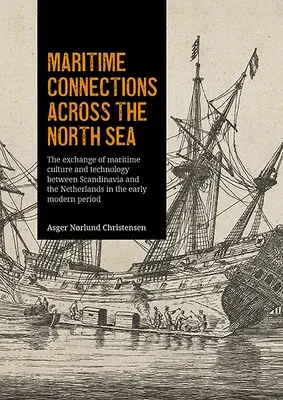Why are so many nautical words in Danish the same as in Dutch? Who
taught the shipwrights in the Royal Danish Shipyard in Copenhagen to
build carvel planked ships? How did the first Danish ships find their
way to the riches of the East Indies? These questions and many more are
meet in this Ph.D. dissertation, which circles around the maritime
relationships between especially the seaward provinces of the
Netherlands and the Scandinavian countries. In the early renaissance
Dutch maritime technology was imported by the Danish king, who recruited
craftsmen and bough ships in the Netherlands and later on the Royal
Danish Navy was profoundly influenced by Dutch master shipbuilders and
naval officers. But it was not only maritime experts and mariners who
travelled to the North, but also ordinary Scandinavian sailors, who
migrated the other way and took a part in Dutch shipping to all parts of
the world. This labour migration has been known amongst Dutch scholars
for some time, but is almost unknown in Scandinavian historical
circles.
For the first time data from the Amsterdam City archive has made it
possible to get closer to the individual sailors, who hailed from the
coastal districts of Norway, the Southwest coast of Denmark and for a
lesser part the West coast of Sweden and their participation in the
Dutch shipping industry has been analysed showing, that they learned
important maritime skills onboard. Coming back to Scandinavia these
sailors were the backbone of the navies and merchant fleets of the
Scandinavian countries especially in the eighteenth century.
This study of maritime labour migration will be of interest for scholars
of maritime-, migration and technology history but also for anyone, who
likes to read about the life's and work of ordinary sailors in the 17th
and 18th centuries.

